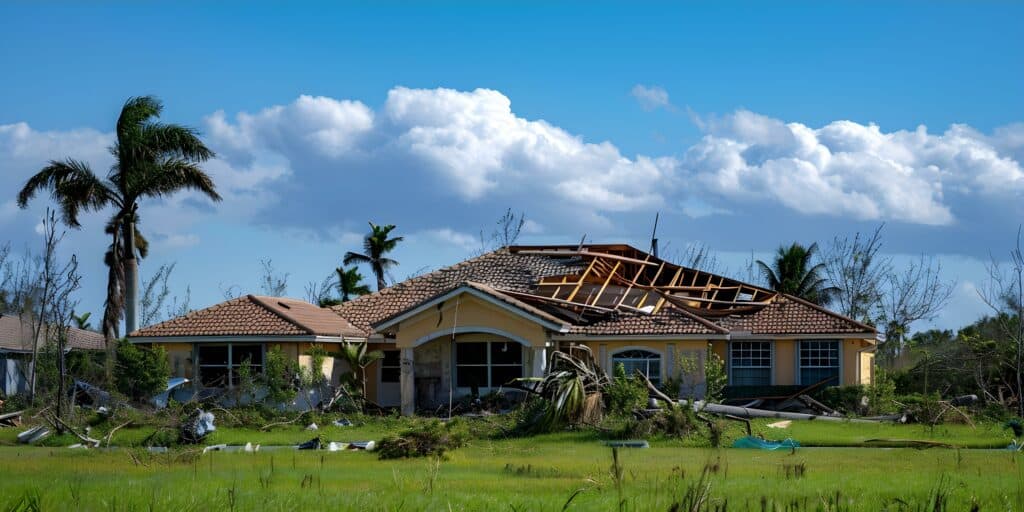Fraud is common after any storm and can occur with homeowners, contractors, or other third parties. Here are some common examples of homeowners insurance fraud and what you can do to avoid it.
Example 1. Homeowners Avoiding Flood Claims
How fraud happens: Insureds who have home insurance but not flood insurance experience flooding in their home and fraudulently claim it is a plumbing issue or water intrusion due to high winds.
Why it’s a bad idea: It’s insurance fraud, with penalties that could include fines or imprisonment, and loss of insurance coverage.
What to do instead: The Federal Emergency Management Agency (FEMA) provides various types of assistance to help homeowners recover, such as financial assistance to repair or replace property, or funds for temporary housing. FEMA assistance is generally meant to cover basic needs and restore homes to a safe, livable condition, not to replace all losses or upgrade the property. Homeowners may need to combine FEMA aid with other local resources to fully recover from flooding.
The Red Cross can provide emergency sheltering or financial assistance, as well as food, water and other relief supplies. They also coordinate with other local relief organizations and can provide guidance and information on resources and support services available in your area.
Example 2: Contractors Filing False Claims for Roof Damage
How fraud happens: Contractors offer to replace or repair roofs for free by promising to get the entire cost covered by insurance, often by inflating damage reports or filing false claims.
Why it’s a bad idea: These fraudulent practices often leave homeowners with unfinished, substandard, or overly expensive repairs while facing potential legal and financial issues down the road. If a contractor, or other licensed professional, commits insurance fraud, they can lose their professional license.
What to do instead: Look for reviews and complaints online before hiring a contractor and get multiple quotes for the repairs. Make sure the contractor is licensed and insured in your state, insist on written contracts and avoid large, upfront payments.
More Resources:
BeClaimSmart.com “Be Claim Smart” is a website where policyholders can verify public adjuster and contractor licenses.
MyFloridaCFO.com/division/consumers/check-my-contract “Check My Contract” is a portal that allows residential and commercial policyholders to submit contracts for a free independent review from the Florida Department of Financial Services.
Learn More:
To help storm victims, Florida unveils free service that will review signed contracts for fraud
Florida’s New ‘Check My Claim’ Portal Saves Storm Victims from Scams
